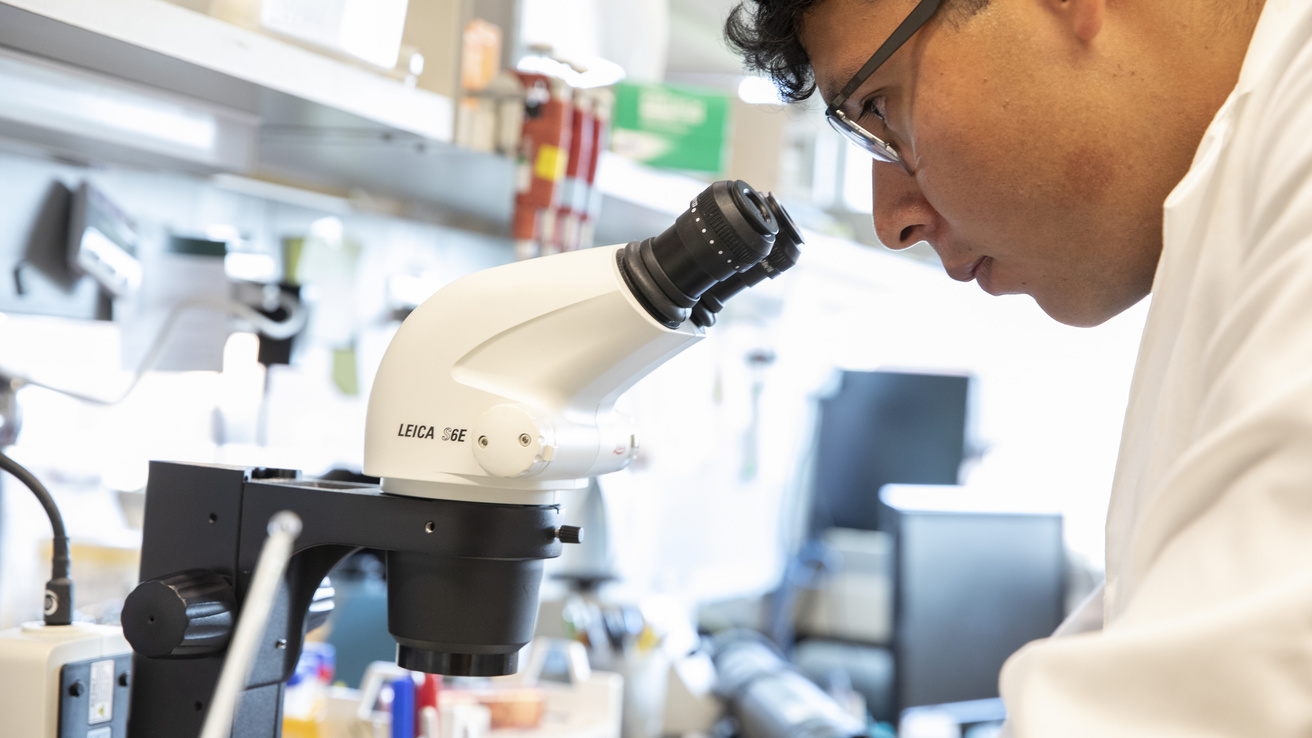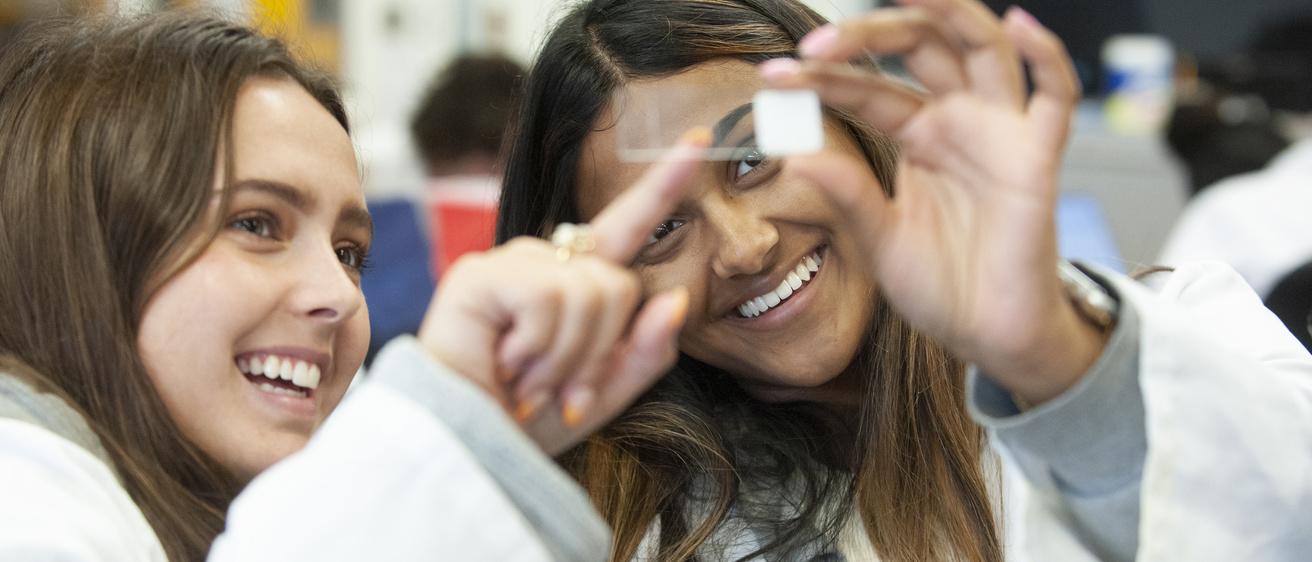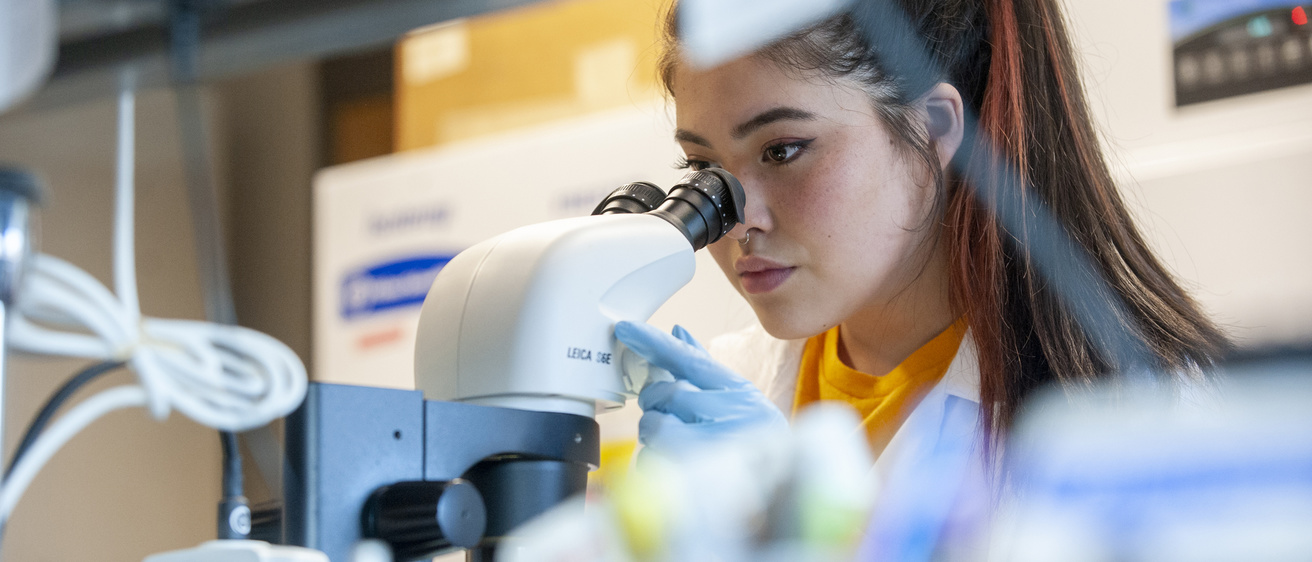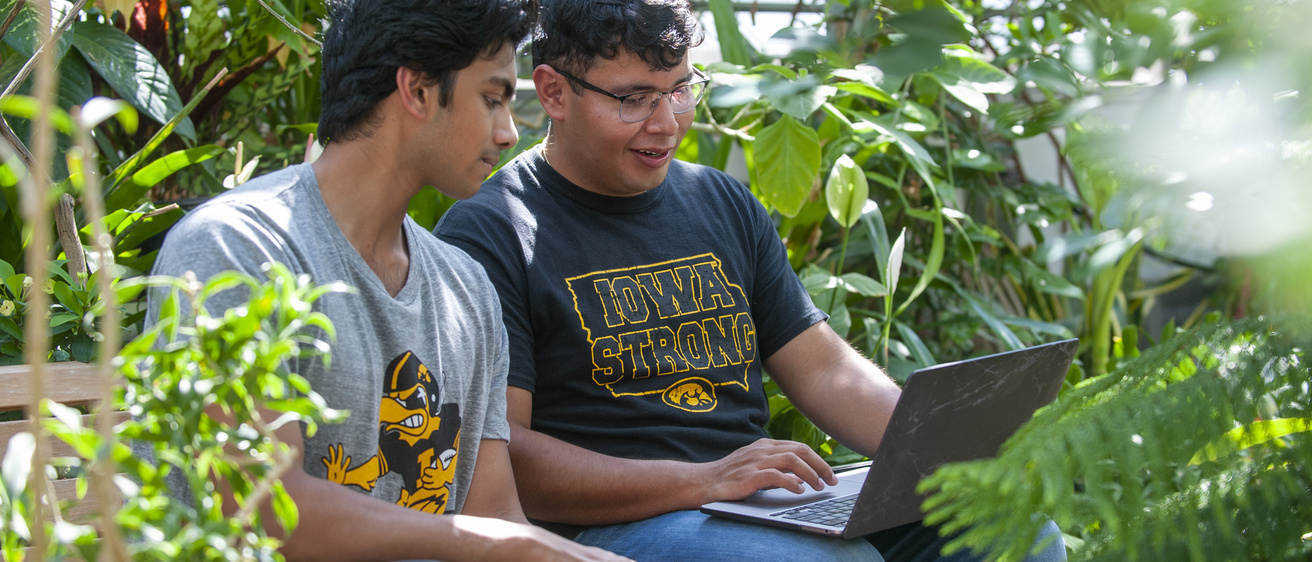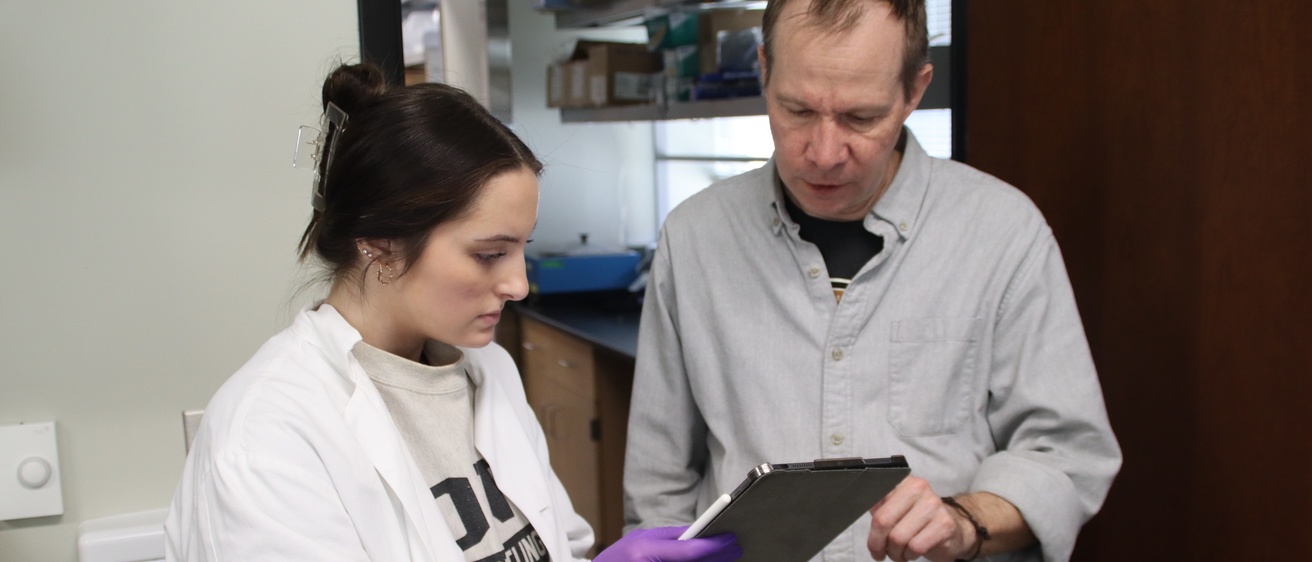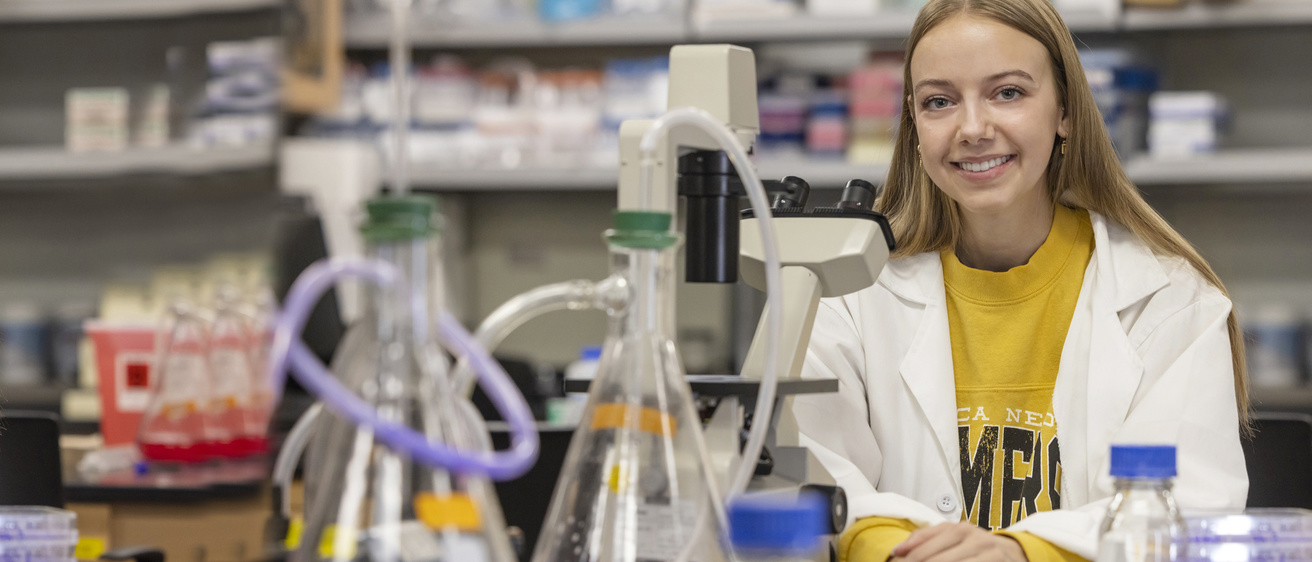Why Iowa?
Our students aren’t passive learners. At Iowa, you’ll go inside the lab and contribute to world-renowned research working alongside faculty experts to explore the diverse realms of the biological sciences.
Why study here?
Whether you aspire to be a research scientist, professor, physician, forensic scientist, biotechnologist, public health professional, natural resource expert, science communicator, or so much more — Iowa’s Department of Biology will prepare you to take your next step through courses, experiential learning, and engagement in research.
Research
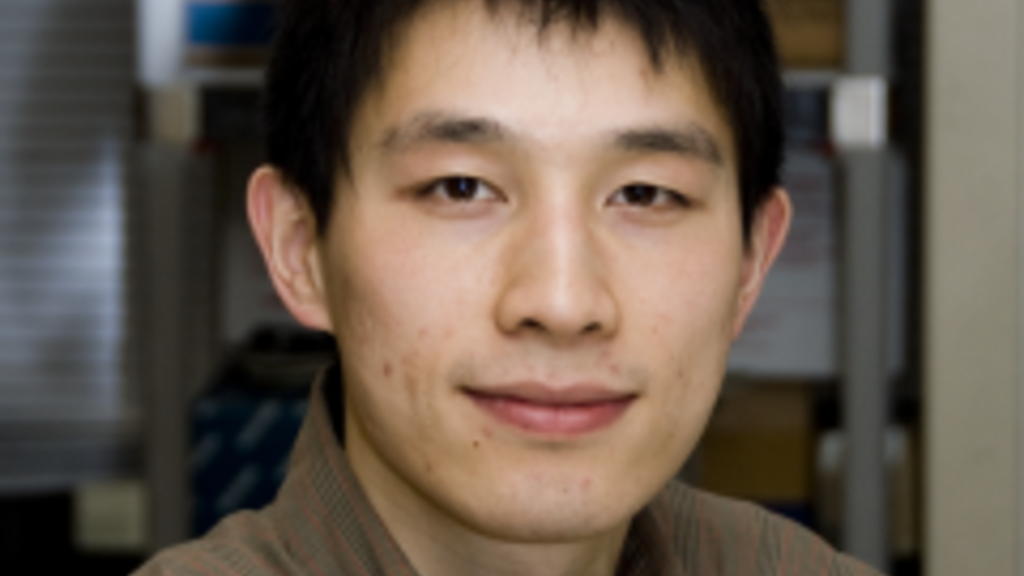
Stresses strengthen disease-causing yeast
Biologists at the University of Iowa have found that C. glabrata, after being exposed to a mild stress, becomes more resistant to hydrogen peroxide, a chemical weapon employed by the human immune system to eliminate infecting microbes. The biologists further learned that this exposure-to-resistance escalation in C. glabrata does not appear in its close relative, the benign Saccharomyces cerevisiae, also known as brewer’s or baker’s yeast.
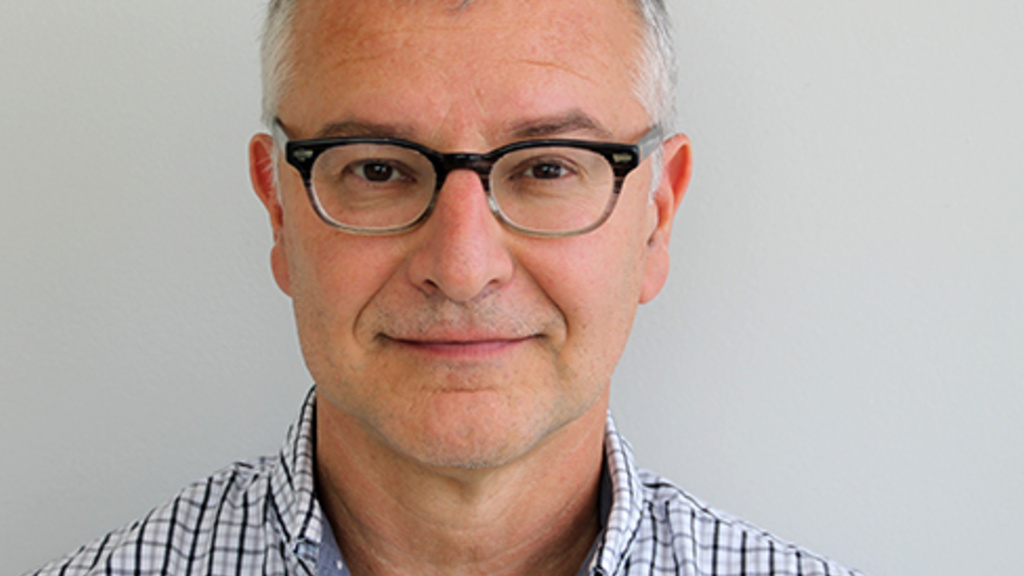
Biologists show how brain’s immune system response worsens epilepsy
In a new study, the researchers lay out a chain of events that can cause seizures—the most common manifestation of epilepsy—to worsen. The sequence begins when oxidative stress in the body causes the brain’s immune system to react. That activation by the brain’s resident immune cells (called glia) triggers more severe seizures.
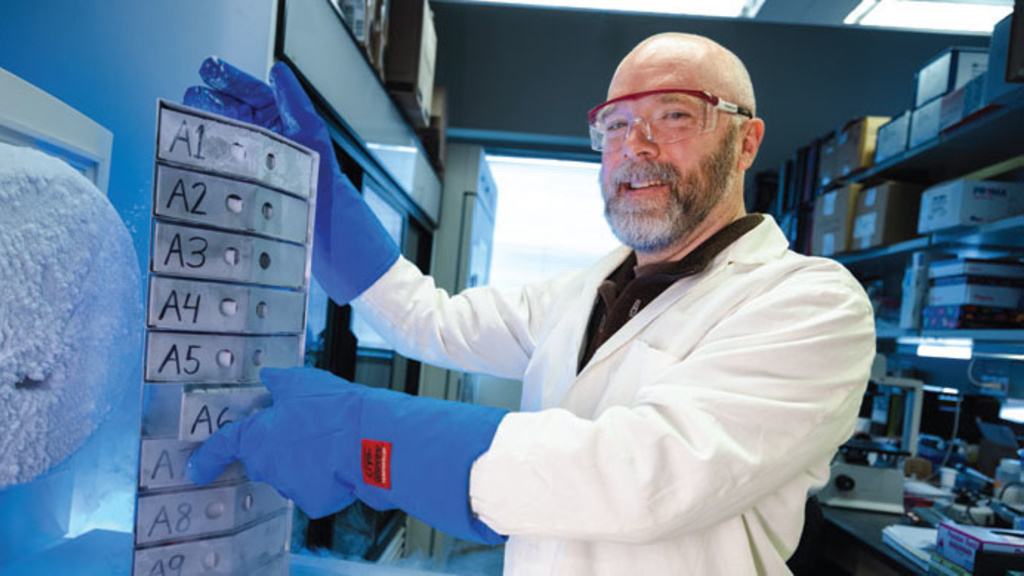
Iowa antibody bank stands ready to fight the next pandemic
On the corner of Dubuque Street and Iowa Avenue, just a block east from the Old Capitol, thousands of possible clues toward deciphering human diseases are stored in liquid nitrogen. Floating in glass tubes, the hybridomas—cell lines used to create antibodies, the foundational pieces of human and animal immunity—hold clues to how our brains work and our muscles develop. They point the way to treatments for emerging viruses that have yet to be named. They could even help combat a future pandemic.
News and announcements
Biology professor awarded grant to investigate strategies to prevent hearing loss from anti-cancer drug
Developmental Studies Hybridoma Bank receives $3.4 million grant to renovate hybrid cell lab in Biology Building
Biology professor named Treasurer of the Society for the Study of Evolution
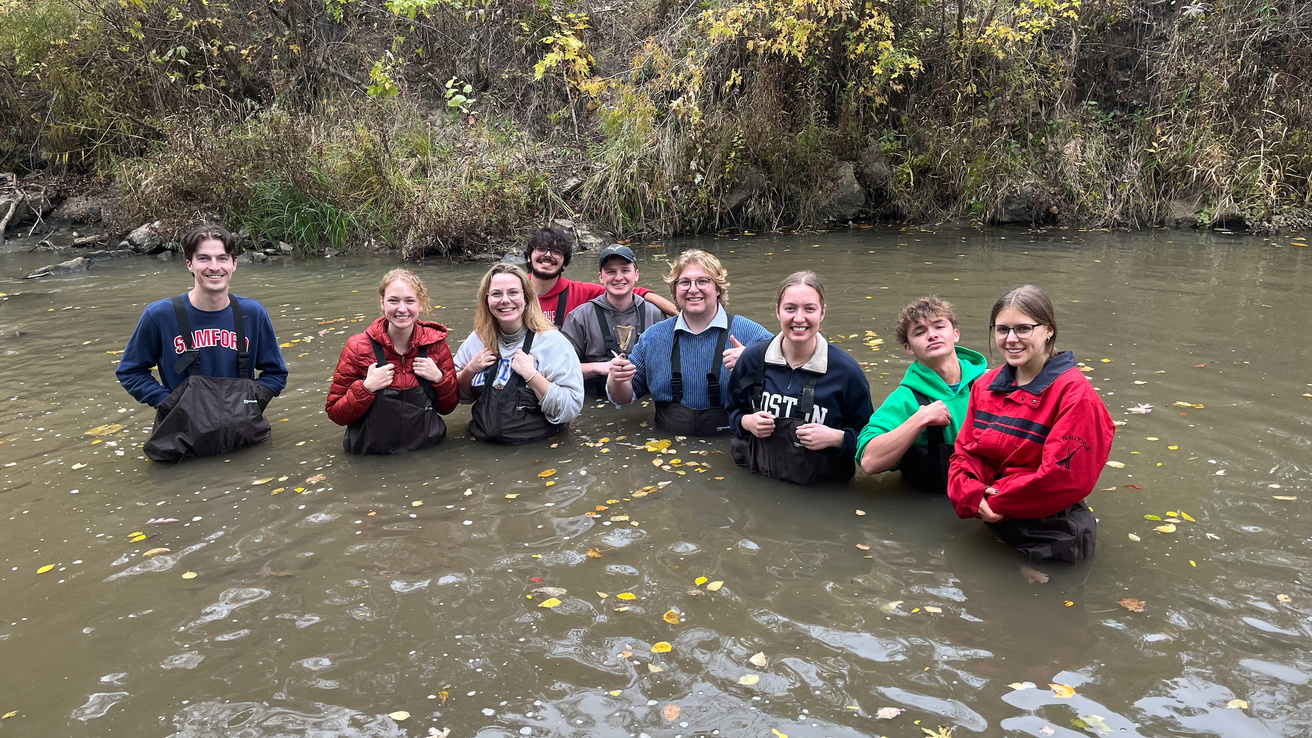
$6M
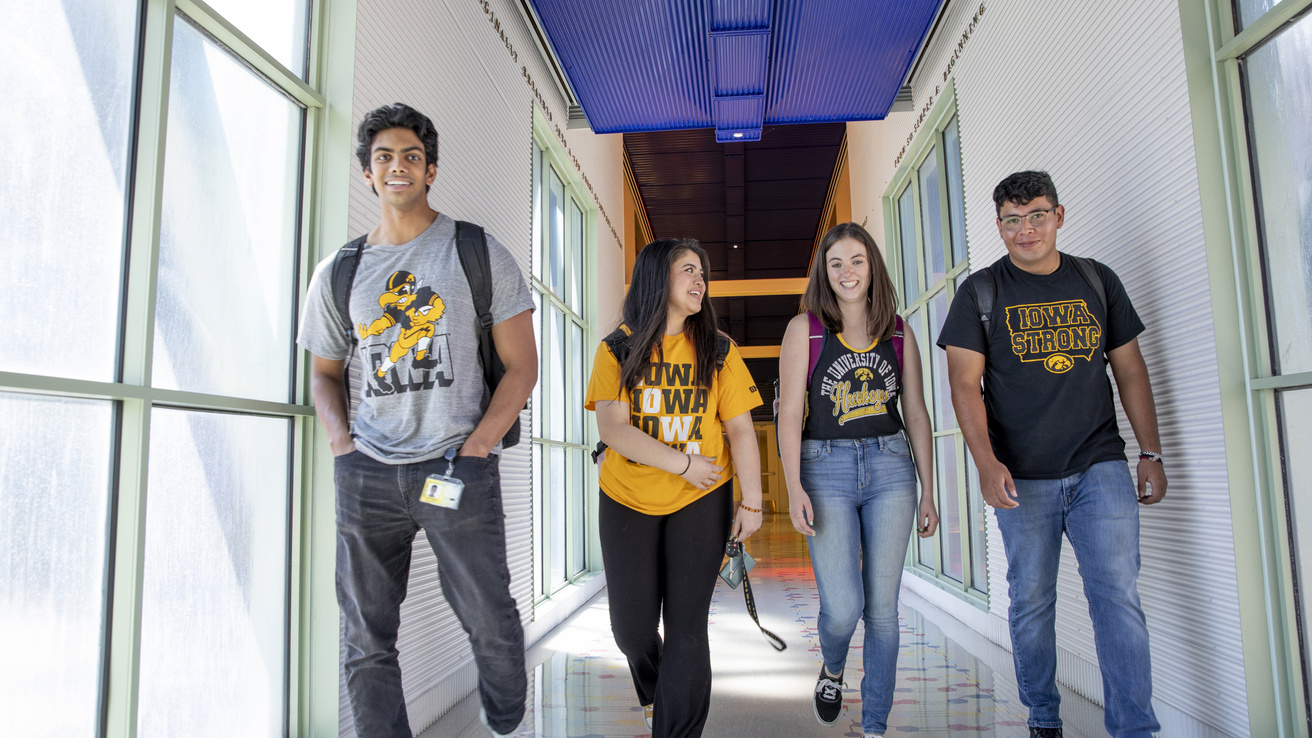
55 %
(2017 data)
